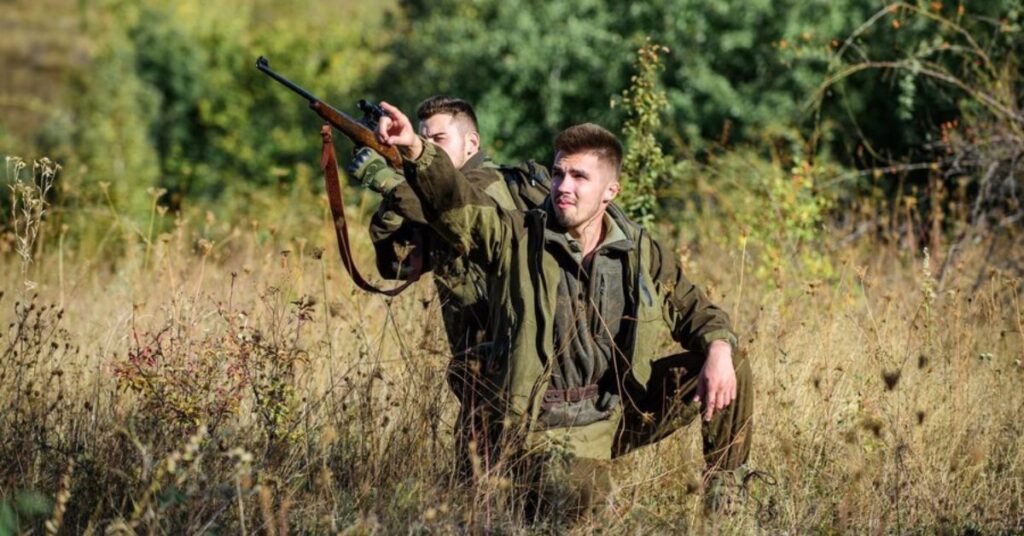Embarking on your first hunting expedition can be both exhilarating and daunting. Whether you’re drawn to the challenge of tracking games, connecting with nature, or simply seeking a new outdoor adventure, preparing adequately is key to a successful and enjoyable experience.
In this guide, we’ll delve into essential tips and strategies tailored for novice hunters, equipping you with the knowledge and confidence to navigate your inaugural hunting trip.
Understanding Regulations and Licensing
Before you even think about setting foot in the wilderness, it’s crucial to familiarize yourself with hunting regulations and obtain the necessary licenses and permits. Regulations can vary widely depending on your location, the type of game you’re pursuing, and the time of year.
Ignoring these rules not only risks legal consequences but also undermines the principles of ethical and responsible hunting. Research your state or country’s wildlife agency website or consult with experienced hunters to ensure compliance with all relevant regulations.
Safety First: Firearms and Equipment
Prioritize safety above all else when dealing with firearms and other hunting gear, including hunting knives. If you’re new to hunting, it’s advisable to enroll in a hunter safety course. These courses cover the essentials of firearm handling, wilderness survival, and first aid.
Take the time to acquaint yourself with your selected firearm or bow, honing your skills in proper loading, aiming, and firing techniques under the supervision of seasoned shooters. Furthermore, invest in top-notch equipment, which includes suitable clothing, footwear, and accessories tailored to the terrain and climate of your hunting grounds.
Scout Your Hunting Grounds
Successful hunting often hinges on meticulous planning and reconnaissance. Take the time to scout your hunting grounds in advance, whether through physical exploration or digital mapping tools.
Look for signs of wildlife activity such as tracks, droppings, and feeding areas, and identify potential hunting blinds or tree stands for optimal concealment. Pay attention to natural features like water sources, food plots, and terrain contours, as these can influence animal behavior and movement patterns.
Practice Patience and Persistence
Hunting isn’t just about pulling the trigger—it’s a test of patience, perseverance, and adaptability. Be prepared to spend long hours in the field, sometimes enduring harsh weather conditions and encountering little to no game.
Remember that success rarely comes overnight; it often requires multiple trips and a willingness to learn from both successes and failures. Stay focused, stay positive, and above all, stay patient—your perseverance will eventually be rewarded.
Learn from Experienced Hunters
One of the best ways to accelerate your learning curve as a novice hunter is to seek guidance from experienced mentors. Reach out to seasoned hunters within your community or join local hunting clubs and organizations to tap into a wealth of knowledge and expertise.
Experienced hunters can offer invaluable advice on everything from scouting techniques and gear selection to field dressing and game processing. Don’t be afraid to ask questions and soak up as much wisdom as you can from those who have walked the path before you.
Respect for Wildlife and the Environment
As a hunter, you are not just a participant in nature but also a steward of the land and its inhabitants. Show respect for wildlife by practicing ethical and humane hunting methods, minimizing unnecessary suffering, and adhering to fair chase principles.
Leave no trace of your presence in the wilderness, dispose of trash properly, and avoid damage to vegetation and natural habitats. Remember that conservation and preservation go hand in hand with the pursuit of hunting, ensuring that future generations can enjoy the same outdoor experiences.
Stay Flexible and Adapt to Conditions
Nature is unpredictable, and hunting success often depends on your ability to adapt to changing conditions. Be flexible with your plans and strategies, willing to switch hunting locations or tactics based on weather patterns, animal behavior, or unforeseen obstacles.
Embrace the element of surprise and be prepared to think on your feet, adjusting your approach in real time to maximize your chances of success. The ability to adapt and improvise is what sets skilled hunters apart from the rest.
In Conclusion
Embarking on your first hunting adventure is a milestone worth celebrating. Still, it also comes with a responsibility to approach the sport with respect, humility, and a commitment to ethical conduct. By following the essential tips outlined in this guide, you can set yourself up for a safe, rewarding, and memorable experience in the wilderness.
Remember that hunting is not just about harvesting game—it’s about forging a deeper connection with nature, honing your skills as a woodsman, and embracing the timeless tradition of the hunt. So gear up, step into the wild, and savor every moment of your journey as a novice hunter.
For more better information please visit : websauna







